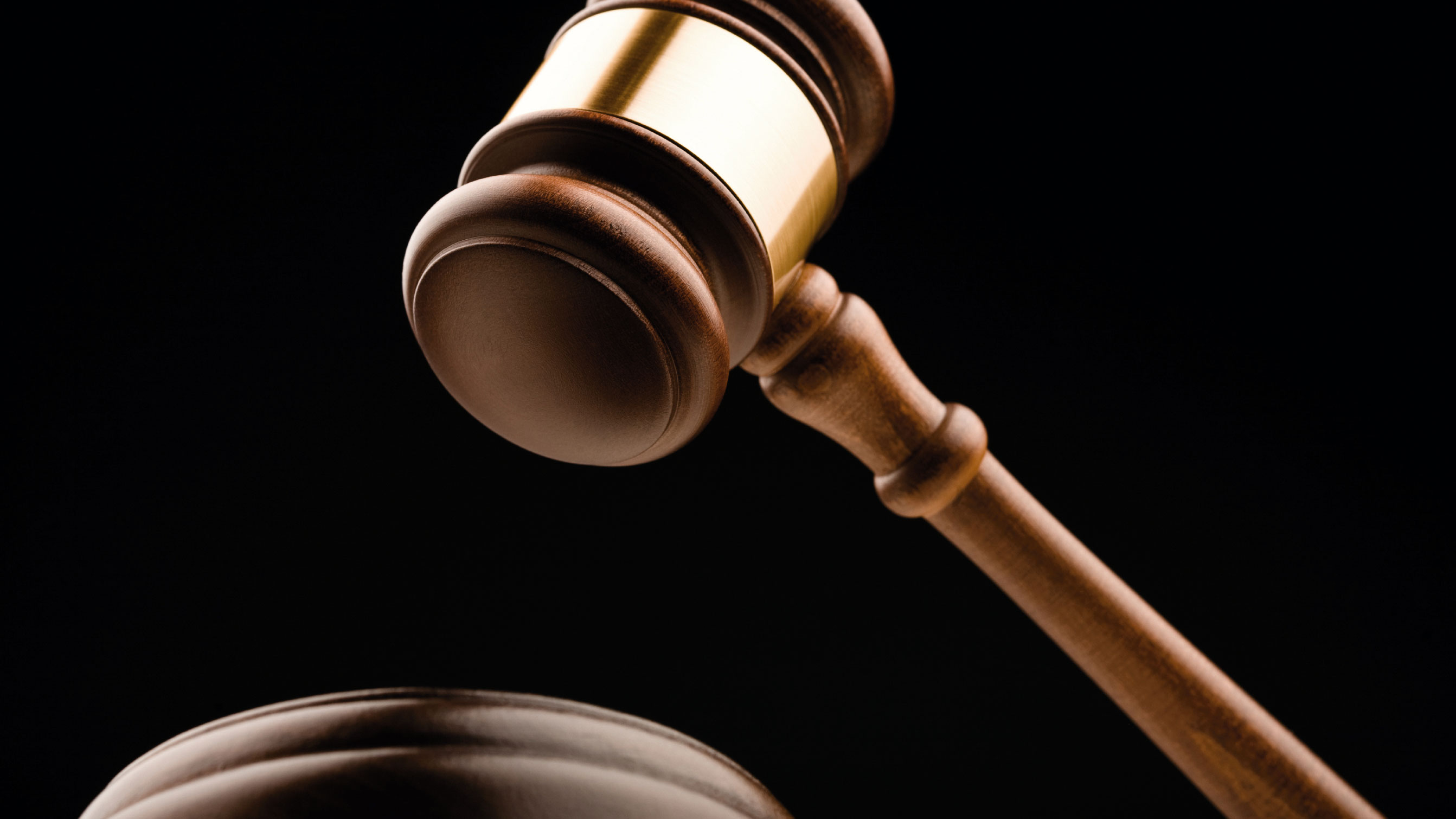Users viewing web pages not liable for copyright infringement: a legal let-off?
New ruling throws up debate

Sign up for breaking news, reviews, opinion, top tech deals, and more.
You are now subscribed
Your newsletter sign-up was successful
Last month, a landmark ruling on the internet was handed down by the Court of Justice of the European Union (CJEU) that deemed internet users should not penalised for viewing content without the permission of copyright holders.
As such, it is only those who distribute content without a license who are liable for copyright infringement, allowing scores of web browsers across the world to breathe a collective sigh of relief.
To get the full story behind the 'Meltwater' decision and its ramifications, we spoke to Jeremy Blum, a partner at London law firm, Bristows.
TechRadar Pro: So what brought about this ruling in the first place?
Jeremy Blum: The Meltwater decision arose from a reference to the CJEU by the UK Supreme Court. The question the CJEU considered was whether copies created on a user's computer when viewing a webpage onscreen fell within an exception to copyright infringement.
The question was referred because parts of copyright law have been harmonized by European legislation and the CJEU is the highest court that can decide on such issues.
The reference to the CJEU arose from proceedings in the UK. The claimants were newspaper publishers and a collecting agency for newspaper content. The defendants were a media watching agency (Meltwater) and its clients who used the service represented by the Public Relations Consultants Association.
Sign up to the TechRadar Pro newsletter to get all the top news, opinion, features and guidance your business needs to succeed!
Meltwater 'scraped' news websites for relevant news items for its client end users based on clients' requests. A report was sent to client end users which was sent by an email and was accessible on a webpage.
The report had three items to it. The first were hyperlinks which was a citation of the news article headline, the second was the opening words of the news story and the third was an extract from the article.
The question the CJEU had to consider was whether there was an exception to copying for those end-users who viewed the webpage report onscreen as a result of the copying that took place in order for them to view the webpage. When viewing a webpage a copy is created on screen and cached in the user's hard drive.
This technological process occurs because a copy is required to be made otherwise the viewing process would be inefficient and take more time. The user has no intention to copy, it is an automatic part of the technological process of viewing a webpage.
The UK Supreme Court had made a provisional decision that a user was not liable for copyright infringement by viewing copyright material onscreen. The UK High Court and Court of Appeal earlier said that by viewing a copyright protected work onscreen a user made a copy and that their use did not fall within the exception.
However, the UK Supreme Court disagreed and said if creating copies when viewing a website onscreen was not within the exception, then there would be an unacceptable result of millions of people browsing the internet being held liable simply by unintentionally viewing website material that happened to be infringing copyright.
Because of the implications of the decision, the Supreme Court made a reference to the CJEU for guidance on how to interpret the exception to copying.
TRP: What is the exception?
JB: Reproducing a copyright work is the exclusive right of the copyright holder. If a party copies without authorisation it will fall in the exclusive rights of the holder and could infringe. In certain special cases there is an exception to copying. The exception sets out a number of criteria.
The reproduction must be transient or incidental and an integral part of a technological process with the sole purpose behind the copying is to enable a transmission in a network or a lawful use. Finally, there is a specific requirement that the exception shall only be applied if it does not unreasonably prejudice the legitimate interests of the rights holder.

Désiré has been musing and writing about technology during a career spanning four decades. He dabbled in website builders and web hosting when DHTML and frames were in vogue and started narrating about the impact of technology on society just before the start of the Y2K hysteria at the turn of the last millennium.